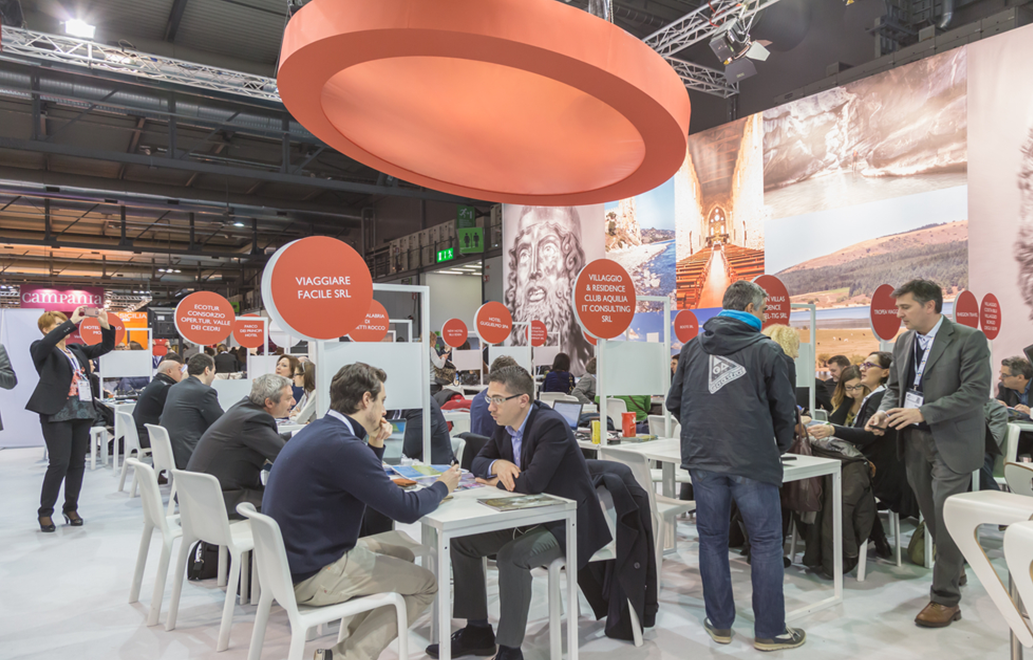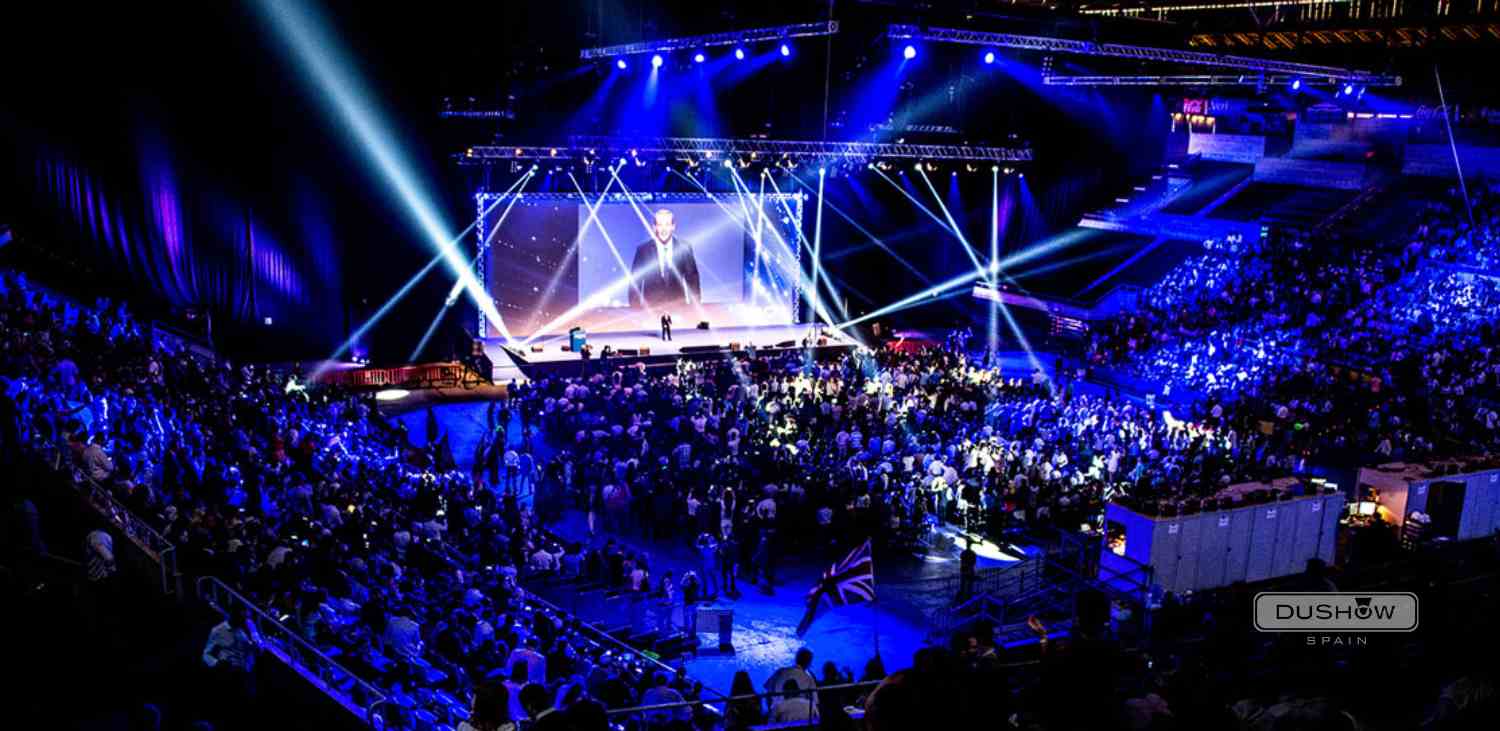Understanding Event Production: Why It Is Essential for Successful Events
Event production plays a vital function fit effective gatherings. It entails careful planning, coordination, and implementation to guarantee every information aligns with the event's vision. This process not just boosts attendee experiences however additionally assists in purposeful connections among individuals. Recognizing the complexities of event production can considerably impact the overall result. What are the crucial elements that contribute to an effective event, and just how can they be effectively managed?
The Function of Event Production in Producing Remarkable Experiences
Although numerous aspects add to the success of an occasion, event production plays a critical function in crafting unforgettable experiences. This complex process incorporates various elements, including planning, logistics, and execution. Efficient event production warranties that every information straightens with the total vision, developing a seamless circulation that captivates participants. By collaborating timelines, handling resources, and overseeing technological facets, event manufacturers develop a structure for impactful experiences.Moreover, they curate atmospheres that reverberate with the target market, improving interaction and emotional connection. From picking suitable places to incorporating cutting-edge modern technology, the choices made throughout production considerably influence how guests perceive and remember the event. By prioritizing top quality and focus to detail, event production changes average events into extraordinary minutes, leaving long-term impacts. Ultimately, the competent orchestration of these components specifies the essence of an event, showcasing the relevance of specialist event production in accomplishing outstanding outcomes.
Trick Parts of Successful Event Production
Effective event production rests on several crucial components that ensure success. Planning and coordination establish a strong structure, while technological arrangement demands deal with logistical demands. Additionally, implementing audience interaction techniques boosts the overall experience, making the event unforgettable.
Preparation and Coordination
Preparation and sychronisation work as the foundation of successful event production, making sure that every information aligns effortlessly to develop a memorable experience. Efficient preparation entails establishing a clear vision and purposes, while sychronisation involves the thorough company of logistics, routines, and resources. A distinct timeline is essential, guiding all stakeholders via essential turning points and tasks. Interaction plays a crucial duty, fostering cooperation among team members, vendors, and location personnel. Normal conferences and updates aid to address difficulties immediately, guaranteeing that every person stays lined up with the event objectives. Eventually, an organized technique to preparation and sychronisation not only improves effectiveness but likewise substantially adds to the total success and satisfaction of the event for participants and coordinators alike.
Technical Configuration Demands
An effective event depends heavily on its technical arrangement needs, which incorporate necessary components such as audio-visual tools, lights, hosting, and connectivity. Audio-visual equipment consists of microphones, audio speakers, and projectors, making certain that discussions and performances are delivered plainly. Correct lights improves the ambiance and highlights vital locations, while organizing provides the necessary system for speakers and performers. Connection, including Wi-Fi and electric accessibility, is crucial for seamless interaction and innovation integration. Each part needs to be carefully planned and implemented, tailored to the event's specific requirements. Inadequate technological configurations can lead to disturbances, negatively influencing the total experience for guests, underscoring the value of extensive prep work and interest to information in event production.
Target Market Engagement Methods

The Importance of Preparation and Sychronisation
Planning and control are vital to the success of any kind of event production. Efficient timeline monitoring, resource allotment approaches, and team interaction characteristics play vital duties in making certain that all aspects come with each other perfectly. Without an organized approach to these aspects, events run the risk of dealing with hold-ups, budget overruns, and miscommunication among staff member.
Effective Timeline Monitoring


While successful event production usually rests on creativity and implementation, efficient timeline monitoring stays an important component that can not be neglected. A well-structured timeline serves as the backbone of any type of event, ensuring that each stage is executed in a prompt manner. It allows for the control of various jobs, from venue configuration to visitor arrivals, while stopping possible bottlenecks. By clearly describing target dates and obligations, event organizers can maintain focus and adjust to unforeseen difficulties. In addition, a carefully crafted timeline fosters interaction among team participants, advertising accountability and partnership. Ultimately, reliable timeline management not only improves functional performance however also contributes substantially to the overall success and smooth execution of the event, leaving guests with an unforgettable experience.
Resource Allowance Approaches
Effective resource allotment methods are critical for the successful implementation of any kind of event. Correct planning enables event organizers to recognize and distribute resources, such as finances, personnel, and materials, in a way that takes full advantage of Recommended Site performance. By reviewing the details needs of each facet of the event, coordinators can focus on jobs and designate sources appropriately. Sychronisation among various divisions ensures that all elements, from dealing with audiovisual demands, are properly supported. This calculated strategy not just lessens waste however also enhances the total experience for attendees. Furthermore, anticipating potential obstacles and having backup plans in position enables smoother procedures. Inevitably, efficient resource allocation adds significantly to accomplishing event objectives and guaranteeing a remarkable celebration.
Team Communication Characteristics
Just how can seamless interaction amongst staff member transform the event production procedure? Efficient communication is essential for collaborating tasks, sharing updates, and resolving difficulties in real-time. When staff member participate in open dialogue, they can quickly determine potential concerns and establish solutions collaboratively, decreasing delays and misunderstandings. This vibrant fosters a cohesive atmosphere where everyone recognizes their roles and duties, causing a more synchronized initiative. Furthermore, normal check-ins and comments loopholes boost responsibility and warranty alignment with the event's purposes. By prioritizing interaction strategies, teams can simplify workflows, boost morale, and eventually boost the overall high quality of the event. Effective gatherings depend upon the capacity to communicate successfully, making it an important element of event production.
Enhancing Participant Engagement Via Innovative Style
Imaginative design plays an important duty in enhancing guest involvement at events, as it cultivates an immersive environment that captivates participants' interest. By incorporating innovative visuals, interactive elements, and thematic design, event coordinators can develop remarkable experiences that reverberate with attendees. Thoughtful design styles advertise motion and exploration, motivating visitors to interact with screens and each other.Incorporating modern technology, such as augmented reality or live polling, more enriches the experience, permitting real-time feedback and interaction. Additionally, sensory elements like lighting, noise, and fragrance can evoke emotions and create a more engaging atmosphere.The use narration with design helps share the event's objective and message, making it extra relatable for guests. Eventually, innovative style not only enhances involvement yet additionally grows links among participants, leaving a long lasting impression that extends past the event itself. This critical technique to style is necessary for effective gatherings.
Managing Logistics for a Smooth Execution
While the exhilaration of an occasion can draw participants in, handling logistics is important to protect a smooth implementation. This involves meticulously coordinating numerous aspects, from venue option and format to food catering and transportation. Reliable logistics administration guarantees that all parts line up, permitting a smooth circulation from registration to the conclusion of the event.Additionally, a clear interaction plan amongst all stakeholders is necessary. This includes team, vendors, and volunteers, that need to be informed of their functions and duties. Expecting possible difficulties, such as tools failure or unanticipated weather, can even more boost the event's success.Creating a comprehensive timeline aids keep the group on track and enables for prompt adjustments. Inevitably, well-managed logistics not only help with a delightful experience for guests however also show the professionalism and dependability of the coordinators, adding to the general success of the event.

The Influence of Innovation on Event Production
What role does technology play fit modern event production? Innovation has ended up being a foundation of efficient event production, improving both preparing and execution processes. From advanced enrollment systems to interactive apps, technology simplifies guest monitoring and enhances interaction. Virtual event systems permit coordinators to get to bigger audiences, damaging geographical barriers and facilitating hybrid events that combine in-person and on the internet experiences.Additionally, audiovisual innovations, such as high-def screens and audio systems, elevate the high quality of presentations and efficiencies, ensuring an unforgettable experience for attendees - event production charlotte. Social network assimilation enables real-time responses and interaction, promoting area engagement in the past, throughout, and after the event. Additionally, information analytics tools assist coordinators in keeping track of read the article individual actions and preferences, enabling customized experiences that reverberate with varied audiences. On the whole, the integration of technology in event production not only improves functional performance yet also enriches guest experiences, eventually adding to the success of the event
Examining Success: Gauging the End Results of Your Event
Success in event production depends upon effective assessment, which includes determining a range of results to examine the overall effect of an event. Homepage To achieve this, organizers can employ both qualitative and quantitative metrics. Quantitative procedures might consist of participation numbers, ticket sales, and profits generated, while qualitative assessments might entail participant satisfaction studies and responses forms.Additionally, assessing social media sites involvement and media coverage can offer insights right into the event's reach and brand name effect. Comparing these metrics versus predefined goals helps determine if the objectives were met.Furthermore, post-event debriefs with the preparation group can discover lessons learned and areas for enhancement. By systematically reviewing these end results, event producers can enhance future celebrations, guaranteeing continuous development and success. Eventually, a complete assessment not only highlights success however likewise notifies strategic choices for subsequent events, cultivating a society of quality in event production.
Often Asked Questions
What Credentials Should an Event Manufacturer Have?
Event manufacturers should possess strong business skills, creative thinking, and effective interaction abilities. A history in project monitoring, budgeting, and settlement is essential. Pertinent certifications and experience in varied event types additionally enhance their qualifications.
How Can I Lower Event Production Expenses Successfully?
To efficiently lower event production expenses, one can enhance supplier option, work out agreements, utilize in-house sources, prioritize necessary elements, implement technology for effectiveness, and discover sponsorship opportunities to balance out expenditures without compromising high quality.
What Are the Usual Challenges in Event Production?
Common challenges in event production include spending plan restraints, logistical coordination, vendor administration, time constraints, guest involvement, technological troubles, and unforeseen situations - event production charlotte. Each factor can significantly influence the overall success and smooth execution of the event
Exactly how Do I Select the Right Location for My Event?
Selecting the appropriate place includes thinking about aspects such as place, capability, features, and spending plan. In addition, assessing availability and atmosphere assures the picked room straightens with the event's objectives and boosts the overall attendee experience.
What Is the Normal Timeline for Preparation an Occasion?
The regular timeline for intending an occasion varies, but generally includes phases such as principle advancement, venue selection, supplier control, promotion, and final preparations, often extending several months to guarantee an effective implementation.
Comments on “Event production charlotte: Behind the scenes of a perfectly executed event”